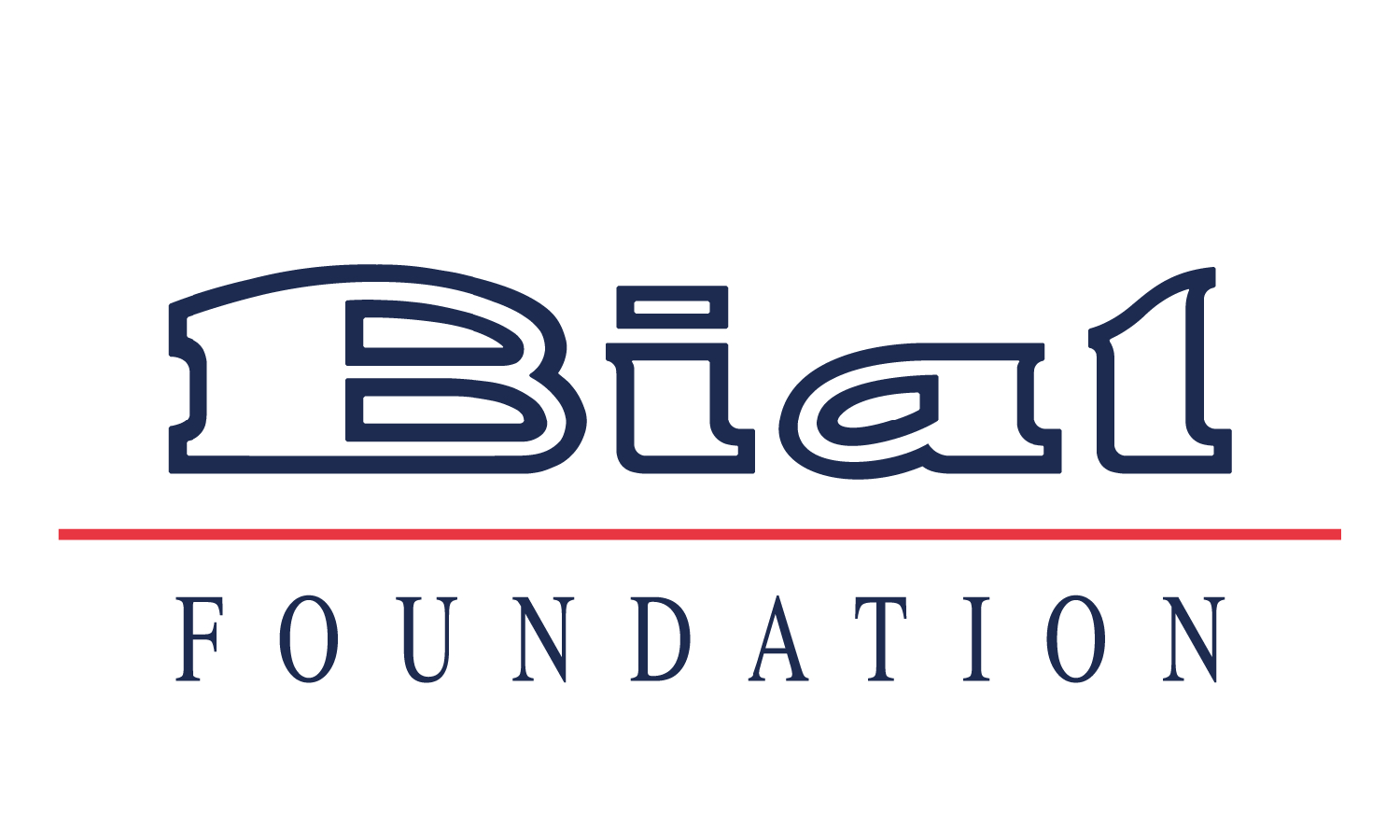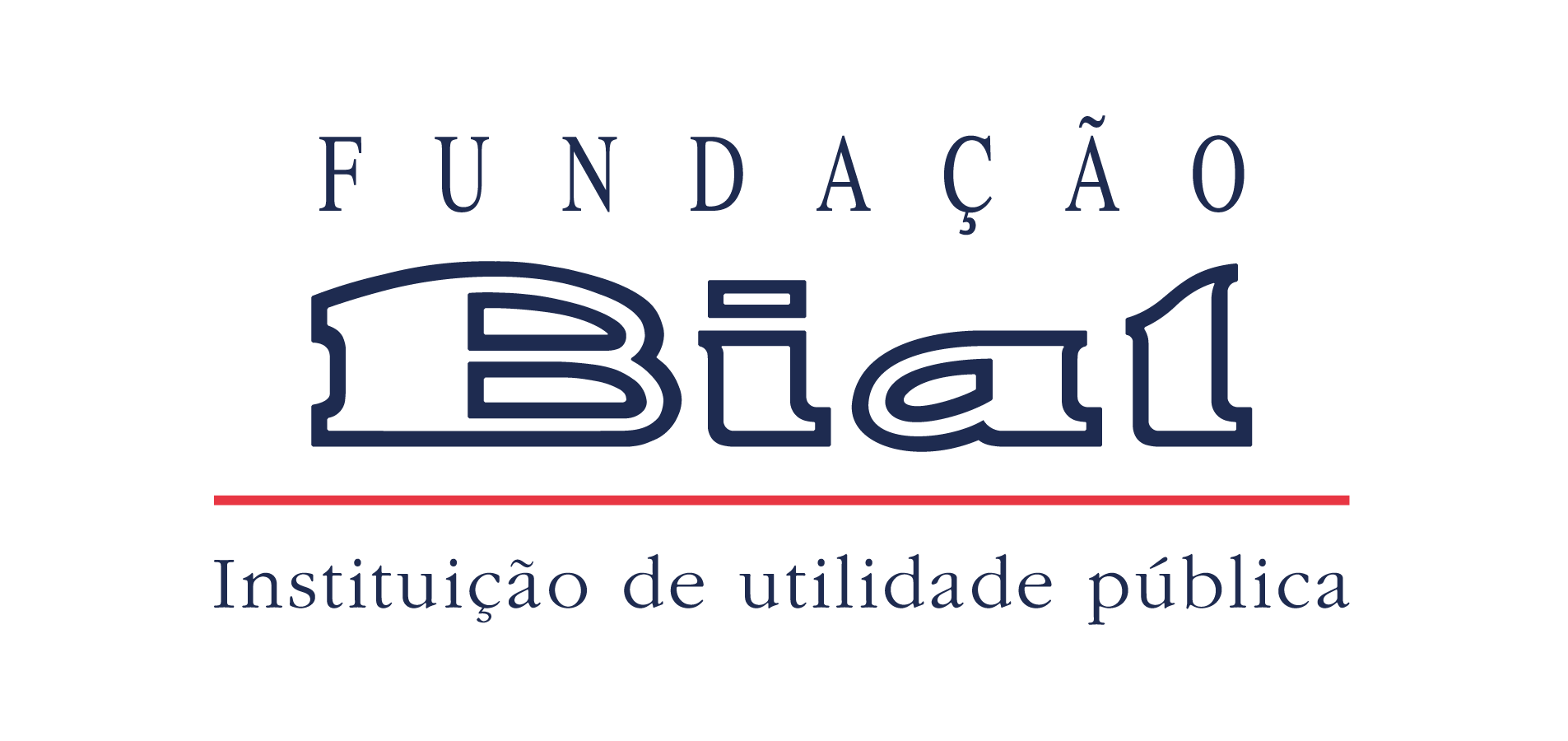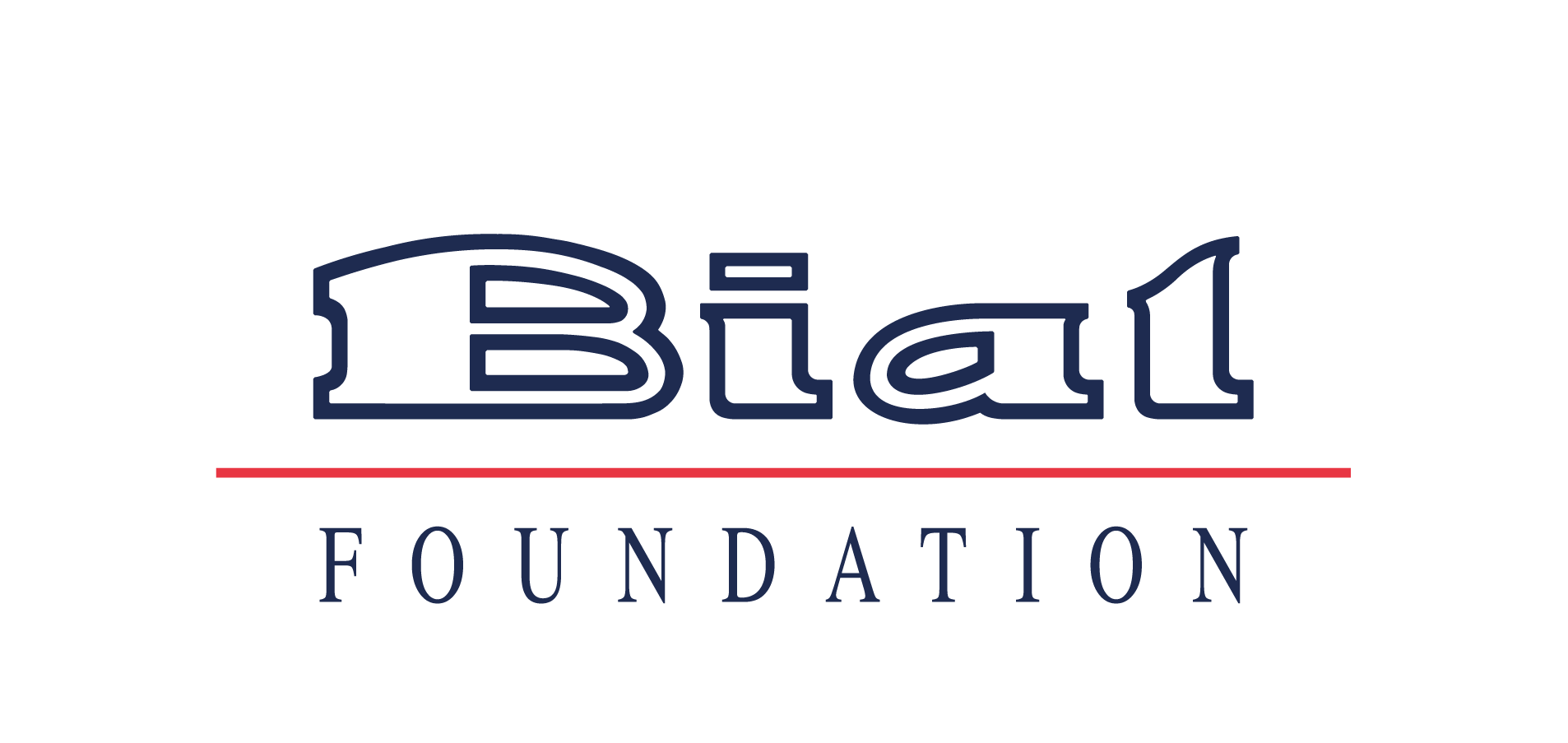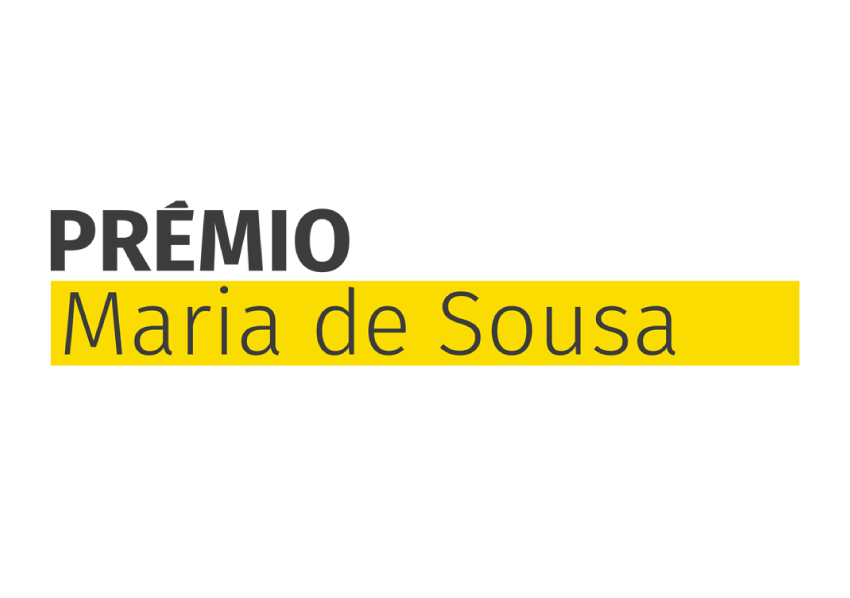News
- Science Stories
- Highlights
- Looking for collaboration
- Helpful links
- Logos
Science Stories
It is our mission being accomplished. Since 1994, the BIAL Foundation has approved for funding 946 projects, involving around 1900 researchers from 31 countries. There are three decades of support to Scientific Research Projects oriented toward the neurophysiological and mental study of the human being, in the areas of Psychophysiology and Parapsychology.
Discover the stories behind the science.
Science Stories

Dream and daydream: differences and similarities
Did you know that daydreams reflect events from the previous two days and “night” dreams resemble a fictional plot?

Does your dog have social skills?
A study suggests that viewing the owner’s face works as a positive social reinforcement for dogs. Learn more about this and other surprising results about “man’s best friend”.
News

What are the predictors of therapeutic alliance?
In the scope of project 178/12 - How collaboration in psychotherapy becomes therapeutic: a study of interactive and psychophysiological processes in good and poor outcome cases, supported by the BIAL Foundation, Eugénia Pereira and colleagues published the paper Data mining techniques in psychotherapy: applications for studying therapeutic alliance in the journal Scientific Reports. Applying data mining and Machine Learning (ML) techniques, the study aimed to identify the key factors or variables that significantly impact the strength of the therapeutic alliance (TA) between clients and psychotherapists. The results showed that the heart rate (HR) of the therapist was negatively associated with the therapist’s TA and the electrodermal activity (EDA) emerged as the most influential biological feature in the prediction of the TA, in the client but not in the therapist. Thus, the results from the ML algorithm document the differential importance of the physiological variables in the therapist and client (HR and EDA, respectively), for predicting TA, suggesting different experiences during therapy sessions for the dyad and with different underlying neurophysiological mechanisms.
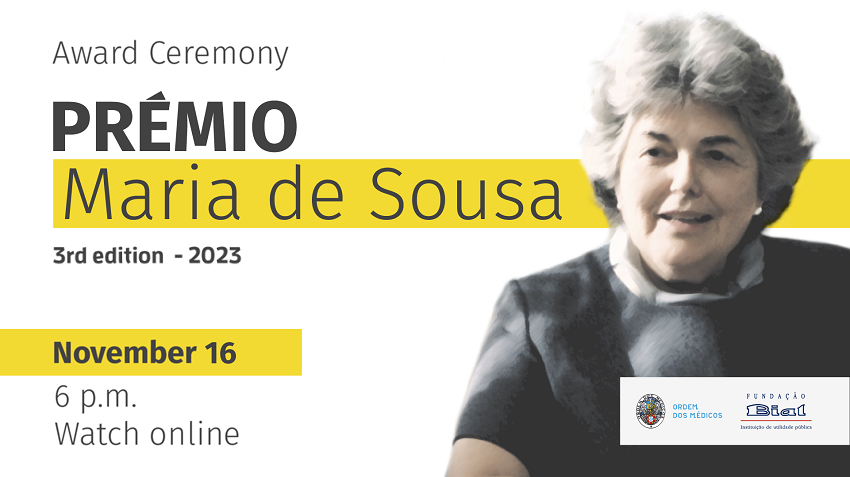
Maria de Sousa Award Ceremony 3rd edition – 2023
The award ceremony for the Maria de Sousa Award 3rd edition - 2023 will take place on 16 November 2023, at 6 p.m., in Lisbon, and will be held in a hybrid format.
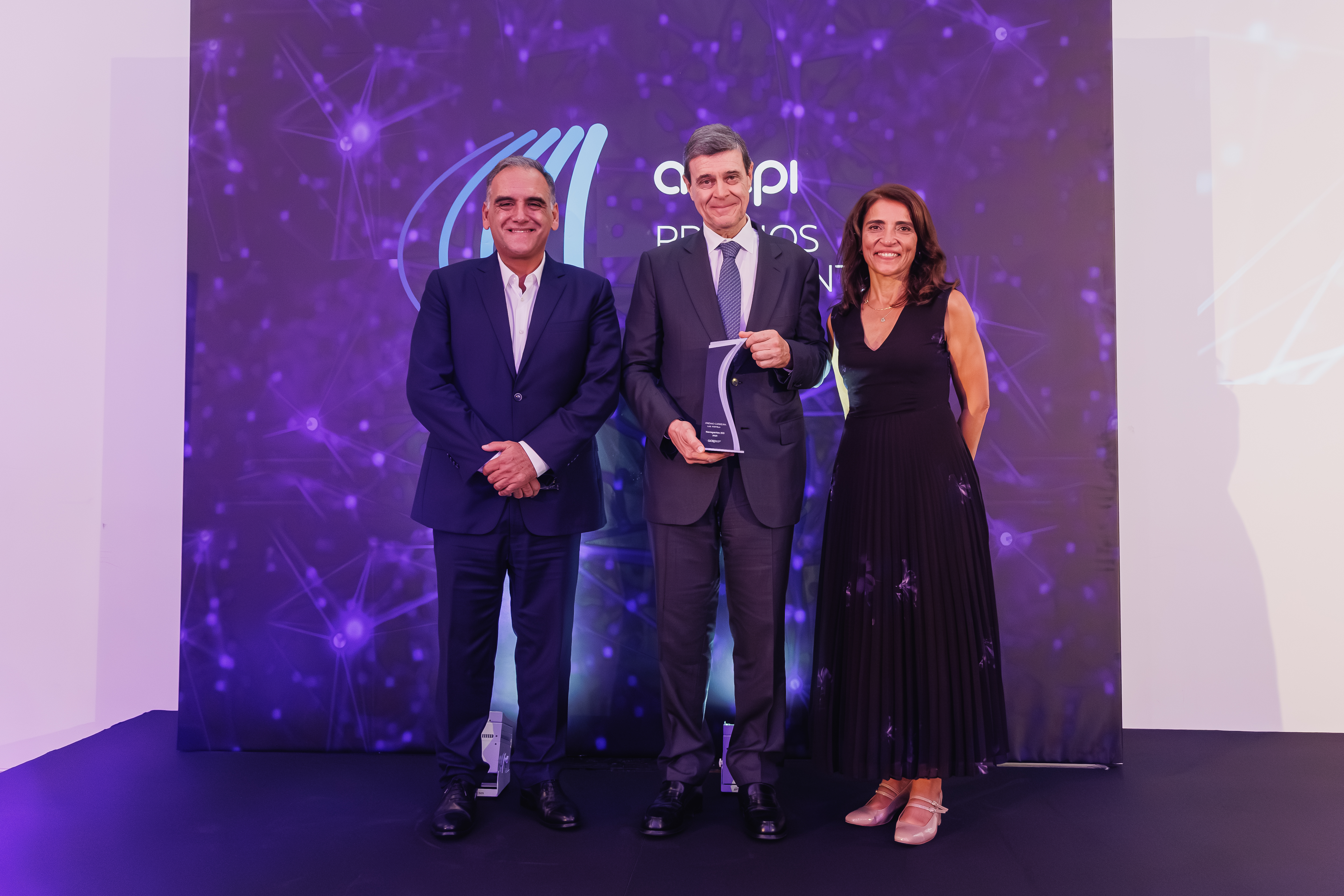
Luís Portela honoured with ACEPI's 2023 Navegantes XXI Career Award
The chairman of the BIAL Foundation, Luís Portela, was honoured with the Navegantes XXI Career Award for his work in leading BIAL.
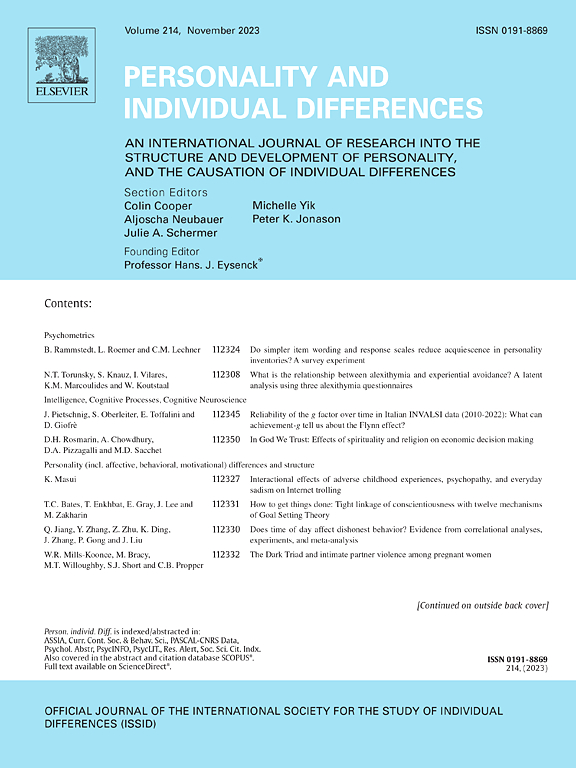
Why some individuals have more peace of mind than others?
Peace of mind (PoM) is an aspect of well-being characterized by internal peace and harmony. It is not clear why some individuals have more peace of mind than others. Looking to answer this question, Pilleriin Sikka assessed participants from Finland (Study 1, N = 417) and the US (Study 2, N = 303) and observed that people with higher levels of PoM display a greater tendency to use cognitive reappraisal (adaptive emotion regulation strategy) and a lesser tendency to use expressive suppression (less adaptive emotion regulation strategy). It seems that adaptive emotion regulation may explain individual differences in PoM. The paper Individual differences in peace of mind reflect adaptive emotion regulation, reporting these findings, was published in the journal Personality and Individual Differences, in the scope of project 295/20 - Peace of Mind and Emotion Regulation: Survey-Based, Behavioural, and Neuroscientific Investigations, supported by the BIAL Foundation.
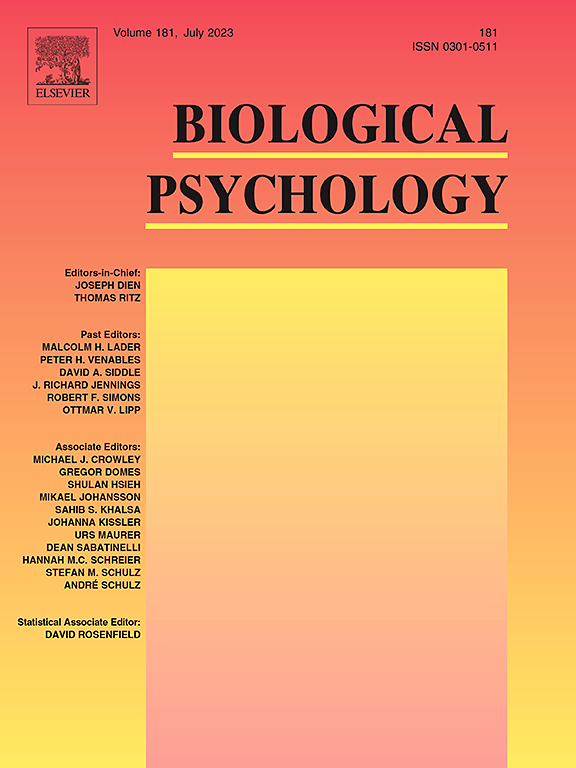
Gratitude associated with decreased risk of suffering a heart attack
Brenda O'Connell, principal investigator of the research project 287/18 - More Thankful, Less Stressed? Gratitude and Physiological reactions to Stress, supported by the BIAL Foundation, assessed, by using a longitudinal study, the relationship between trait gratitude and acute myocardial infarction in a sample of 912 participants from 35 to 86 years old with 32.9% reporting a hypertension diagnosis and 9.6% reporting a diabetes diagnosis. Higher trait gratitude was associated with lower likelihood of suffering acute myocardial infarction 6.7 years later, through changes in heart rate reactivity, even when controlling for age, sex, body mass index (BMI), education, high blood pressure and diabetes. This suggests that gratitude may buffer the negative physiological consequences of stress and overall improving cardiovascular outcomes. To know more about this study read the paper Heart rate reactivity mediates the relationship between trait gratitude and acute myocardial infarction published in the journal Biological Psychology.
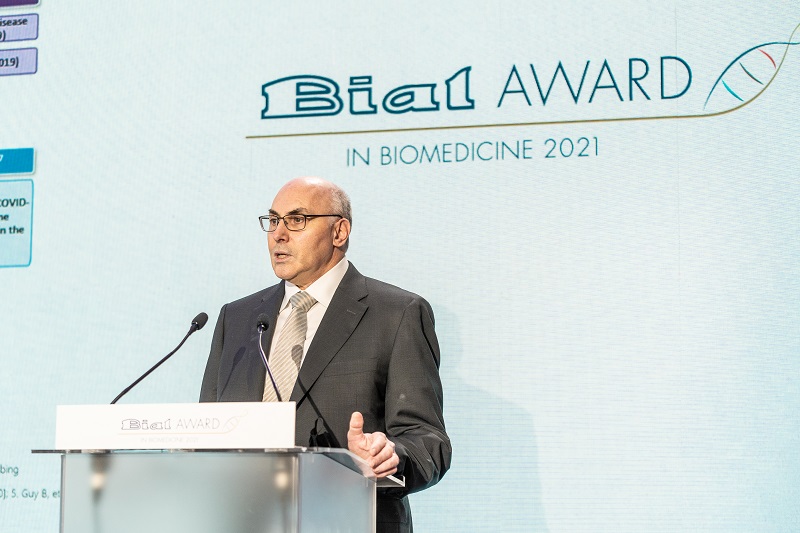
2023 Nobel Prize in Medicine awarded to scientists who won the latest edition of the BIAL Award in Biomedicine
The BIAL Foundation congratulates and pays tribute to Katalin Karikó and Drew Weissman, who were awarded the 2023 Nobel Prize in Physiology or Medicine today for their discoveries that have enabled the development of effective vaccines based on mRNA technology to prevent COVID-19.

Is it possible to guess who is calling?
Some people claim to occasionally know who is calling them without using traditional means. Some of these experiences are undoubtedly related to a combination of coincidence, selective memory, expectation, and subconscious anticipation from temporal regularities of calls with certain people. However, could this guess be due to an information transfer process (telepathy)? To study this, Helané Wahbeh, principal investigator of the research project 108/20 - A telephone telepathy study: Does genetic relatedness influence psychic abilities?, supported by the BIAL Foundation, conducted a cross-sectional study of groups of three participants (triads) who tried to guess who was calling them in 12 trials, six of which the web server randomly chose the caller before the callee's guess (telepathic/pre-selected) and six of which the caller was selected after the callee's guess (precognitive/post-selected). Accuracy was significantly above chance for the telepathic/pre-selected trials but not for the precognitive/post-selected trials. For more information check the paper Who's calling? Evaluating the accuracy of guessing who is on the phone published in the journal Explore.

What do we remember from a movie?
Matteo Frisoni, principal investigator of the research project 384/20 - Schema-based temporal memory in parietal cortex (SCHETEMP), supported by the BIAL Foundation, assessed the degree to which detailed verbal information (i.e., dialogues), as well as semantic and spatiotemporal (i.e., “what”, “where”, and “when”) elements of episodic memories for movies, are forgotten over the course of a week in two groups of young adult (20–30 years old) and middle-aged (40–55 years old) participants. The results indicate that memory decay over a week mainly affects the auditory verbal dimension of complex events, both in terms of memory accuracy and confidence, whereas information about the “what” (objects/characters), “where” (spatial) and “when” (temporal) elements seems to be better preserved. Moreover, young adults are more accurate and confident than middle-aged participants. To know more, please read the paper “Long-term memory for movie details: selective decay for verbal information at one week” published in the journal Memory.
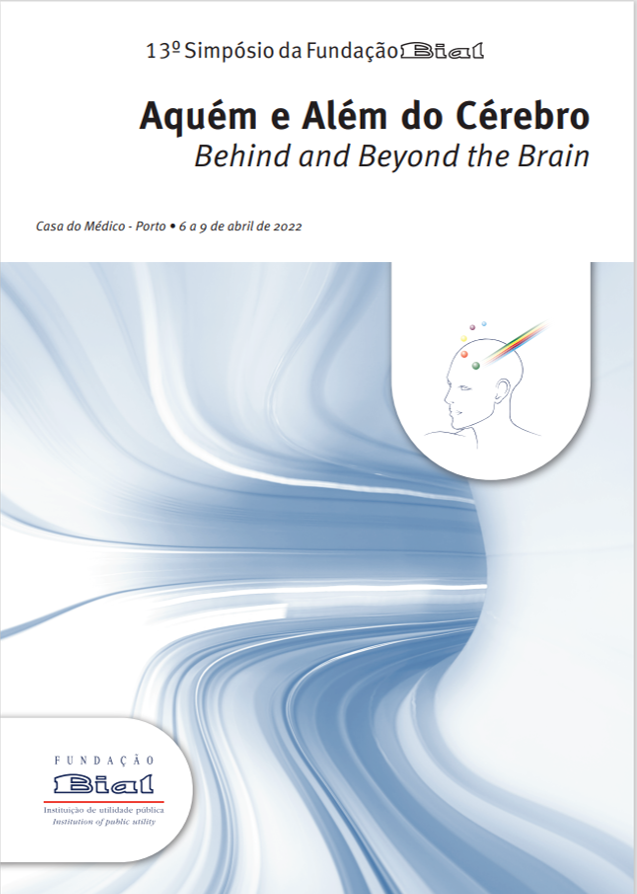
The Proceedings of the 13th Symposium of the BIAL Foundation is now available
The BIAL Foundation has just published the Proceedings of the 13th "Behind and Beyond the Brain" Symposium, a compilation of the speakers' lectures which also includes the abstracts of some of the supported research projects and presented at this meeting in poster sessions and oral communications.

Does the idea of your partner’s death affect your brain activity?
The paper Reminders of Mortality: Investigating the Effects of Different Mortality Saliences on Somatosensory Neural Activity was published in the journal Brain Sciences in the scope of the research project 75/16 - The painful awareness of death: Influence of thoughts of death on behavioural and cerebral activity associated with painful nociceptive stimuli, supported by the BIAL Foundation and led by Elia Valentini. The study aimed to test whether thinking about a romantic partner’s death or on their own death would reveal a change in the perception and brain responses to noxious electrical stimuli. The conclusion of this study reveals greater effects of reminders of mortality directed at one’s romantic partner on pain perception (as opposed to the participant’s own mortality).

How stress during pregnancy may impact children’s sleep?
Desana Kocevska, principal investigator of the research project 381/20 - Pathways from prenatal and postnatal stress to sleep quality across childhood: The role of the amygdala and cortisol, supported by the BIAL Foundation, studied the impact of prenatal psychosocial stress (life events, contextual, parental or interpersonal stressors) on 4.930 children’s sleep at ages 2 months, 1.5, 2, 3 and 6 years. In addition, analyses using polygenic risk scores were performed in a subsample of 2.063 children. Higher total prenatal stress was associated with more sleep problems across all time points between 2 months and 6 years of age. Prenatal stress, and in particular negative life events during the pregnancy interact with genetic liability for insomnia to exacerbate sleep problems at six years of age. To know more about this study read the paper A Longitudinal Study of Stress During Pregnancy, Children’s Sleep and Polygenic Risk for Poor Sleep in the General Pediatric Population published in the journal of Research on Child and Adolescent Psychopathology.

Do eyes on robots matter?
Artur Pilacinski, principal investigator of the research project 260/22 - TrustyCobots: Human-like or machine-like? Tracking psychophysiological components of trust in human-robot collaboration, supported by the BIAL Foundation, assessed, using both subjective and objective measures (heart rate, pupil size and task completion time), the human trust when collaborating with eyed and non-eyed robots of the same type. Although humans seem to report marginally higher trust in eyed robots, they showed larger pupil size and faster task completion when interacting with robots without eyes, suggesting a more comfortable cooperation with them. This indicates that humans might not need human-like machines to trust and work with them. Instead, they seem to collaborate better with machine-like, eyeless machines. To know more about this study, read the paper The robot eyes don't have it. The presence of eyes on collaborative robots yields marginally higher user trust but lower performance published in the journal Heliyon.
Looking for collaboration

The quest of physiological markers for the experience of pain
Researcher: Elia Valentini - Department of Psychology & Centre for Brain Science, University of Essex Summary: The aim of this project is to improve measurement of the human experience of pain by investigating a combination of psychophysical and physiological responses during mild noxious stimulation. More specifically, we want to investigate how sensitive and specific to pain the brain oscillatory responses are. We use EEG as the main technique, but we are keen to collaborate with neuroscientists using fMRI, autonomic measures and brain stimulation as well as with computational neuroscientists. A clinical collaborator would also be very much welcome.

EEG investigation of hypnosis and decision-making
Researcher: Rinaldo Livio Perri - University Niccolò Cusano Rome, Italy Summary: I work in the field of hypnosis and cognitive neuroscience. In particular, I adopt the event-related potentials (ERPs) to investigate the effect of the hypnotic suggestions on sensory processing and cognitive performance. I am an expert in decision-making and proactive brain processes before the stimulus administration (e.g., the perceptual, prefrontal and premotor readiness during the expectancy stage). I could help colleagues to properly analyze the ERP signal in the pre-stimulus stage of processing. Also, I would be happy to share my EEG data for re-analyzing them in the frequency domain (e.g., wavelet or coherence analysis in the hypnosis research). Feel free to contact me for any question! More information on my papers: https://scholar.google.it/citations?user=-8e_V64AAAAJ&hl=it Possible collaborations: neuroscientist with experience in the EEG frequency analysis Email: perri.rinaldo@gmail.com

Transparent Psi Project - looking for collaborators
Summary: We are running a fully transparent, expert consensus-base multilab replication of Bem’s (2011) experiment 1. The project features state of the art methods to maximize transparency and study integrity. The study involves a computerized experiment taking about 20 minutes per session. Group testing is possible in a computer lab, no specialized equipment needed. Labs are expected to recruit at least 100 participants. Participants will be exposed to images with explicit erotic/sexual content in the experiment. No financial compensation is required for the participants. Data collection is expected to take place in the 2020 fall semester. Every material is provided for ethics/IRB submissions and data collection in English (translation of materials might be necessary by the collaborators). The study is pre-registered and the manuscript is accepted in principle for publication in the journal Royal Society Open Science. All collaborators who meet the minimum sample size criterion will get authorship on this paper reporting the results of the replication study. More information in the preprint: https://psyarxiv.com/uwk7y/ Indicate interest in the collaboration via the following form: https://tinyurl.com/tpp-labs With any question contact the lead investigator: Dr. Zoltan Kekecs, kekecs.zoltan@gmail.com

Cognitive control and learning
Researcher: Ignacio Obeso, Ph.D. / CINAC - HM Puerta del Sur Summary: The aim of our projects is to understand the behavioral and neural mechanisms used to learn how humans establish adaptive behaviour in changing contexts. More specifically, we want to decipher how stopping abilities are initially learned and later executed under automatic control. We use task-related fMRI, brain stimulation and clinical models to test our predictions in laboratory settings as well as online home-based paradigms. Possible collaborations: computational scientist Email contact: i.obesomartin@gmail.com https://iobesomartin.wixsite.com/cognitivecontrol
Find here some links to other Foundations, Organizations, Societies and more that you might be interested in.
- BrainFacts.org
- Cognitive Neuroscience Society
- Dana Foundation
- European Brain Council
- European Society for Cognitive and Affective Neuroscience (ESCAN)
- Federation of European Neuroscience Societies (FENS)
- Human Brain Project
- IANDS International Association for Near-Death Studies
- Institut Métapsychique International (IMI)
- Instituto de Psicologia Paranormal
- International Behavioral Neuroscience Society (IBNS)
- International Brain Research Organization
- IONS Institute of Noetic Sciences
- Kavli Foundation
- Koestler Parapsychology Unit
- Open Sciences
- Organization for Human Brain Mapping (OHBM)
- Parapsychological Association
- Psi Encyclopedia
- Rhine Research Center
- Sociedade Portuguesa de Neurociências
- Sociedade Portuguesa de Neurologia
- Society for Neuroscience
- Society for Psychical Research
- Society for Scientific Exploration (SSE)
- World Federation of Neurology

